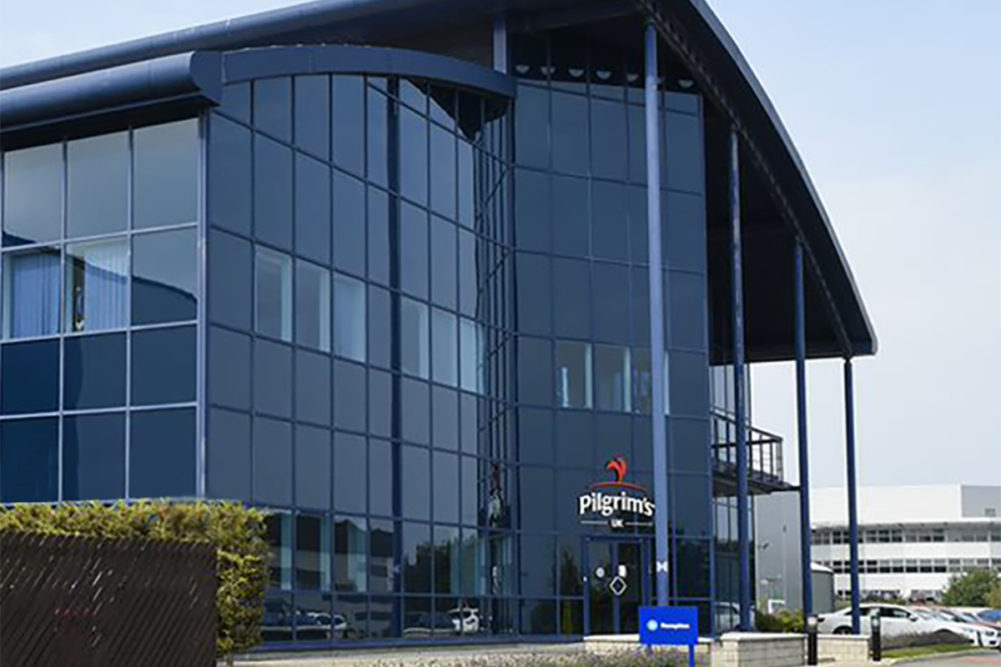WARWICK, ENGLAND — After a drop in operating losses at the end of 2022, Pilgrim’s UK, a business unit of Pilgrim’s Pride Corp., Greeley, Colo., reported progress in its recovery toward its growth plan.
According to its Annual Report and Accounts, Pilgrim’s UK experienced a decrease in operating losses of £16 million ($19.4 million) to £2.6 million ($3.2 million) for the fiscal year ended Dec. 25, 2022, compared to the previous year.
“Market conditions in the UK remain extremely challenging, but we’ve taken considerable steps to ensure that our business is well-placed to not only meet these challenges but continue to be the best and most sustainable food business in the UK,” said Ivan Siqueira, president of Pilgrim’s UK. “While our performance shows that we are making good progress in right-sizing our business, optimizing our operational footprint and supporting our farmers, we know that there is more work to do.”
Consumers continue to face inflationary headwinds, meanwhile the pork sector faces its own ongoing challenges. Working to mitigate costs for consumers, Pilgrim’s UK is also focused on meeting demand while the UK breeding hog herd is contracting. The company noted that the herd has diminished by 20% and farmers have left the industry due to a long period of high production costs and lower pig prices.
Despite many obstacles, Pilgrim’s UK saw an increase in total revenue by 11% to £1.2 billion ($1.5 billion) in 2022.
In addition to focusing on its business structure and ways to improve efficiency, the company has emphasized sustainable growth across its operations. In the last twelve months, Pilgrim’s UK made major investments in the latest technology, product innovations and customer relationships. The company invested £1.8 million ($2.2 million) in is Bodmin plant and £5 million ($6.1 million) in its Kings Lynn plant to maximize operational capacity and reduce their environmental footprint. In total, Pilgrim’s UK is investing over £10 million ($12.1 million) in sustainability efforts to reach its goal of zero carbon emissions across its business by 2030 and across its supply chain by 2035.
Within the past year, as part of efforts to reduce its footprint, Pilgrim’s UK closed its Coalville and Bury St Edmunds plants. It also closed its Ashton facility, transferring those operations to the company’s Spalding and Westerleigh plants.
“Equally importantly, these efforts will not impact our ability to meet demand growth with key customers and further diversify our portfolio,” Siqueira said. “We will therefore continue to identify ways to become ever more effective and efficient, while delivering the highest quality and most innovative food to our customers.”



